For the last of my #PoetryinJune features I thought that I would feature a poem from that ever prolific versifier Anonymous (often shortened to Anon). Not only prolific but of amazing longevity, Anonymous has penned poems, songs, ditties and doggerel on a variety of subjects for several centuries. His/her versatility is truly legendary in poetic circles, therefore it is not really surprising that no anthology is complete without at least a couple of verses by the writer known as Anonymous.
I therefore browsed though an anthology, Other Men’s Flowers edited by A.P. Wavell (Cape 1944, 1958). This is a rather nice reprint of the memorial edition of Wavell’s book, complete with red slip-case, bought from a book fair about twenty years ago. After much indecision amongst the ‘Anons’ I chose the nonsense poem below, partly because I have always liked it and partly because a pair of cormorants nest on top of an old chimney on a nearby stretch of the River Dodder. We often see them in the spring but sadly have never yet been able ascertain whether they do indeed lay their eggs in a paper bag. The chimney is rather tall you see.
Birds, Bags, Bears, and Buns
The common cormorant or shag
Lays eggs inside a paper bag.
The reason you will see, no doubt,
It is to keep the lightening out,
But what these unobservant birds
Have never noticed is that herds
Of wandering bears may come with buns
And steal the bags to hold the crumbs.
Now comes the rub. On browsing the internet to see whether I could find out more about this poem, I discovered that poem has been attributed to Christopher Isherwood. Wikipedia say that it was in Poems Past and Present and they reference a 1959 (fourth printing) edition from J.M. Dent and Sons (Canada) Ltd. What puzzles me somewhat is how the poem came to be attributed to ‘Anon’ in the first place if it indeed by Isherwood.
If anyone out there can offer any concrete information on this poem’s history, I would love to hear about it. I hope you have enjoyed this month’s trawl through The Landing poetry books on the TBR (or not read for a long time) Pile. Thanks for the comments and likes posted up – I appreciate the contact.
See you soon!
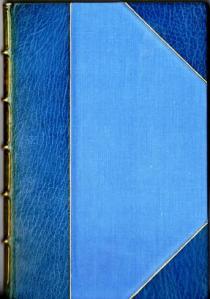



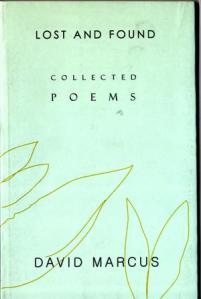
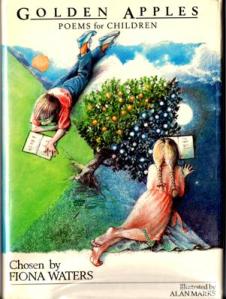

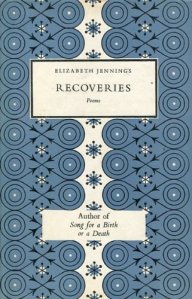
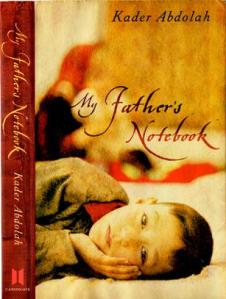
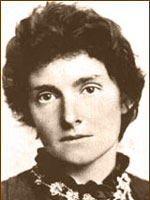
You must be logged in to post a comment.